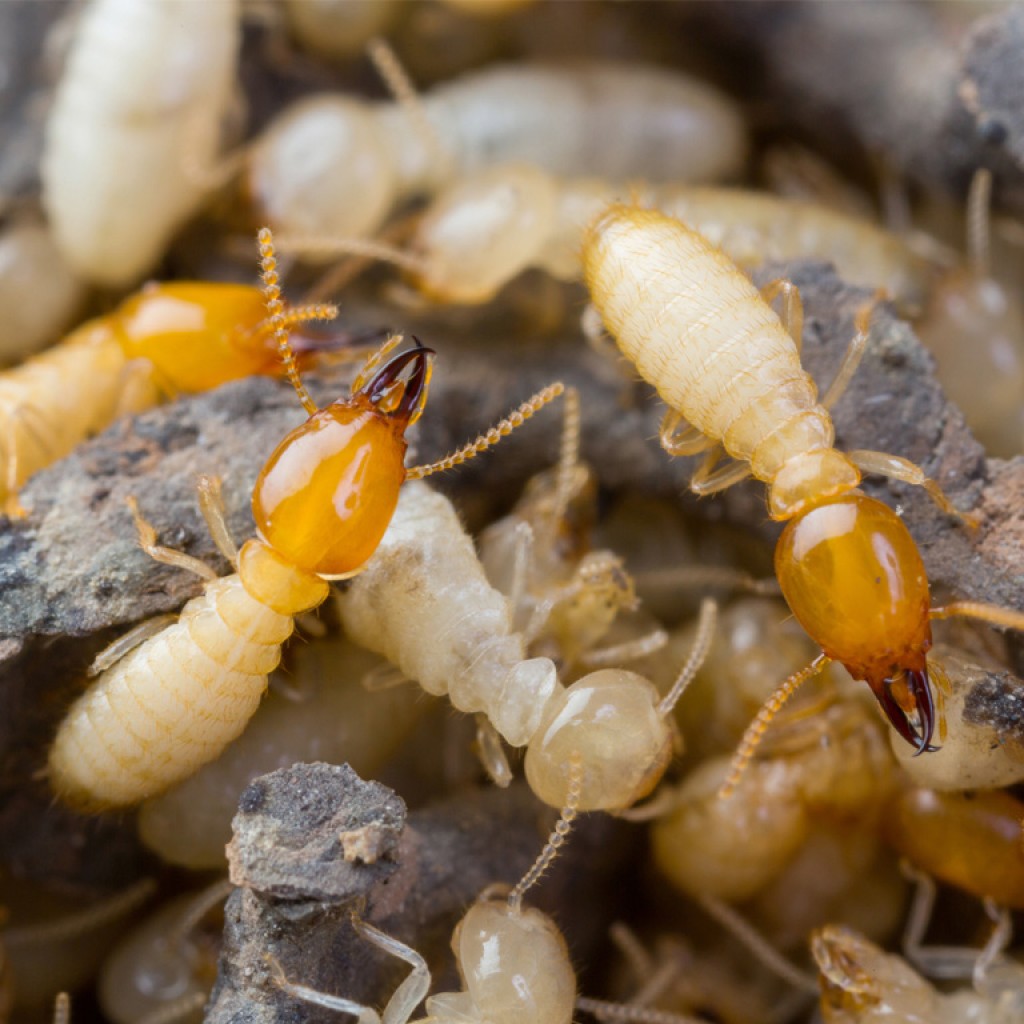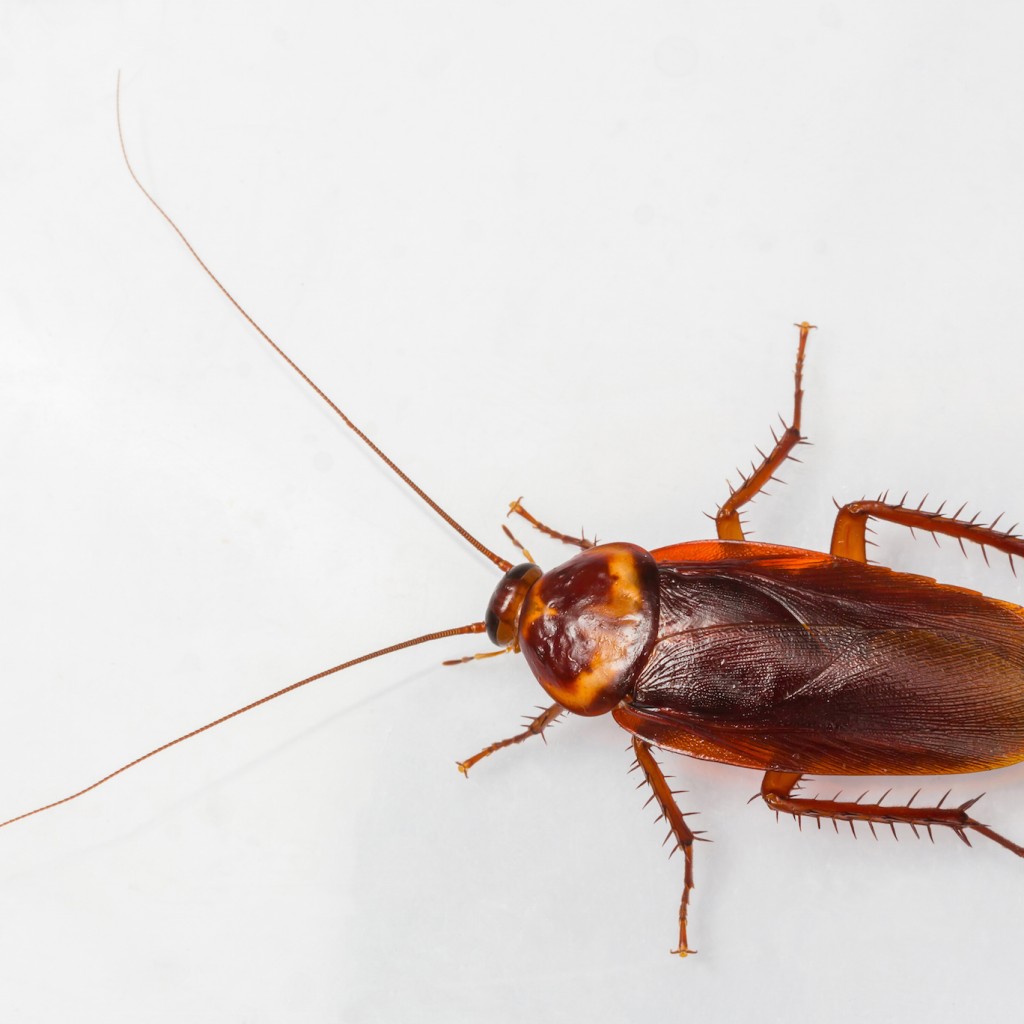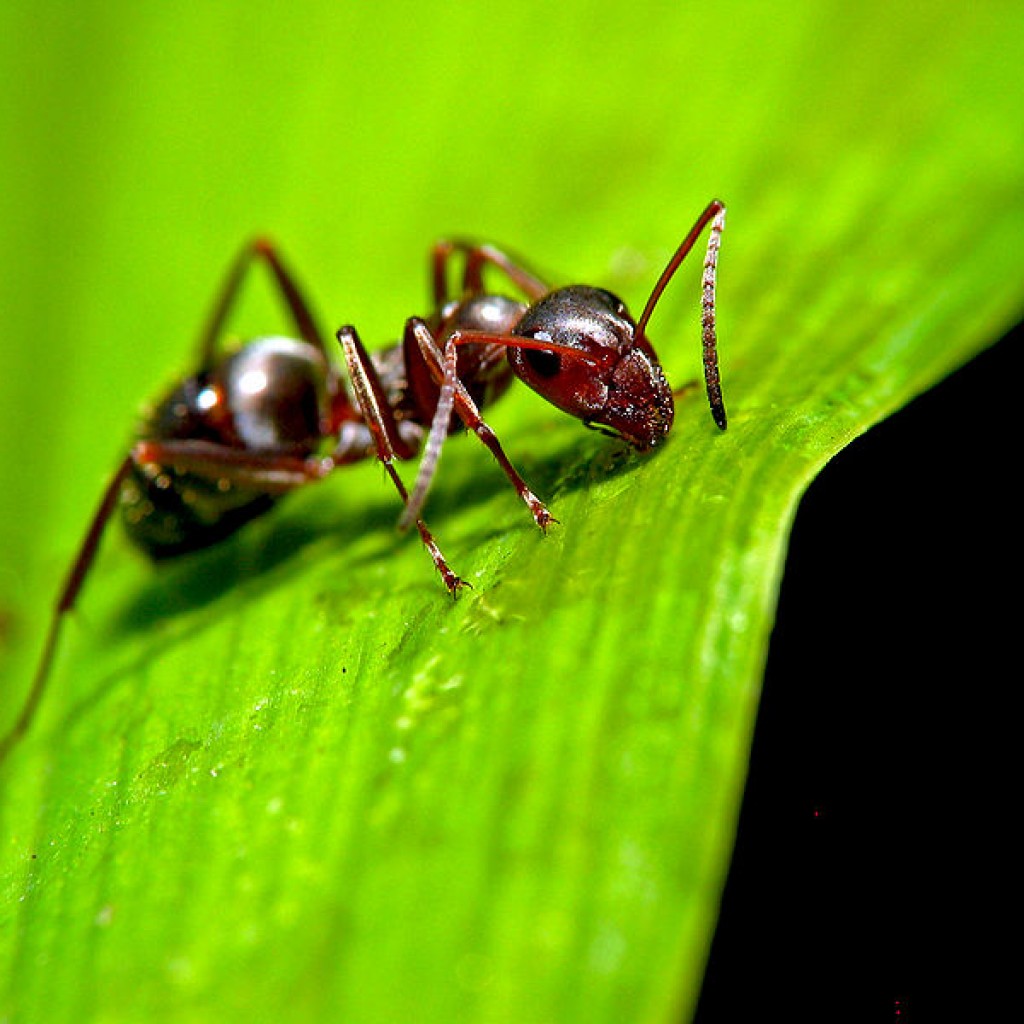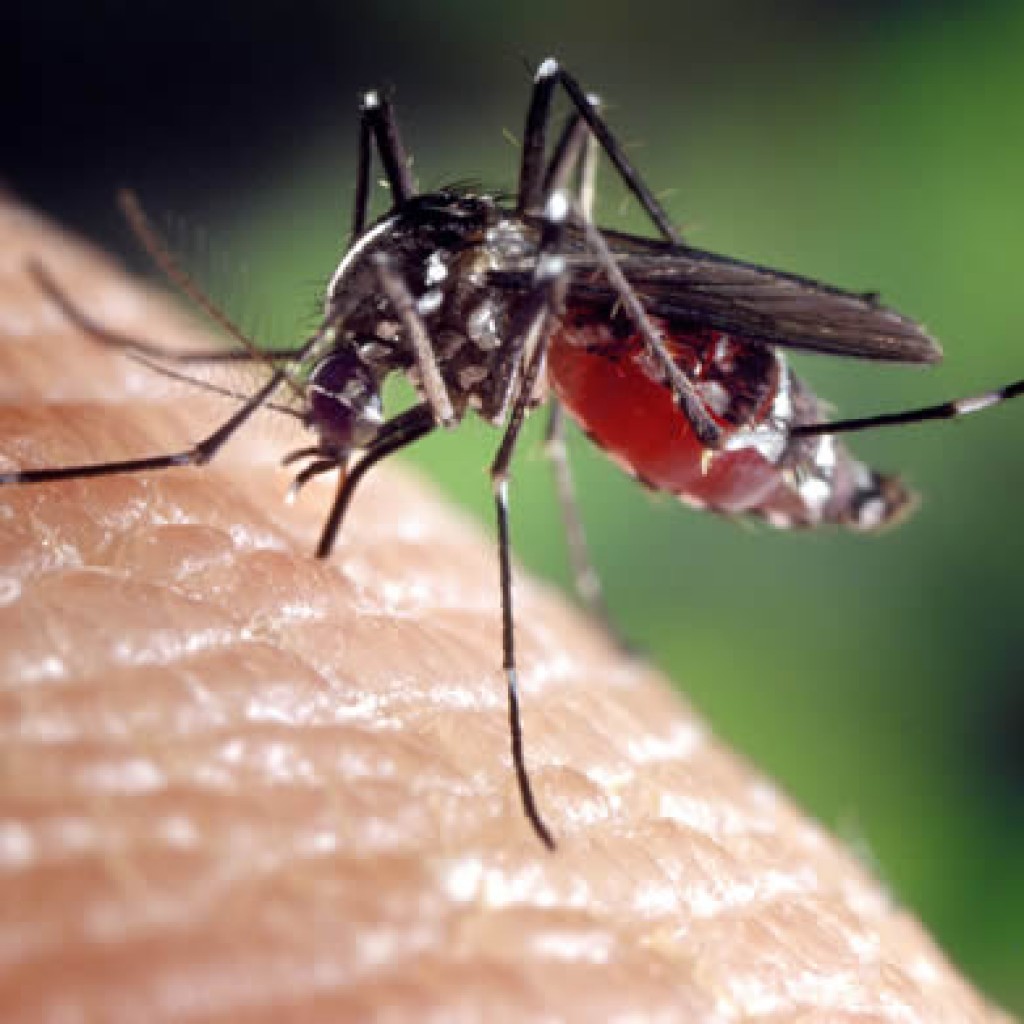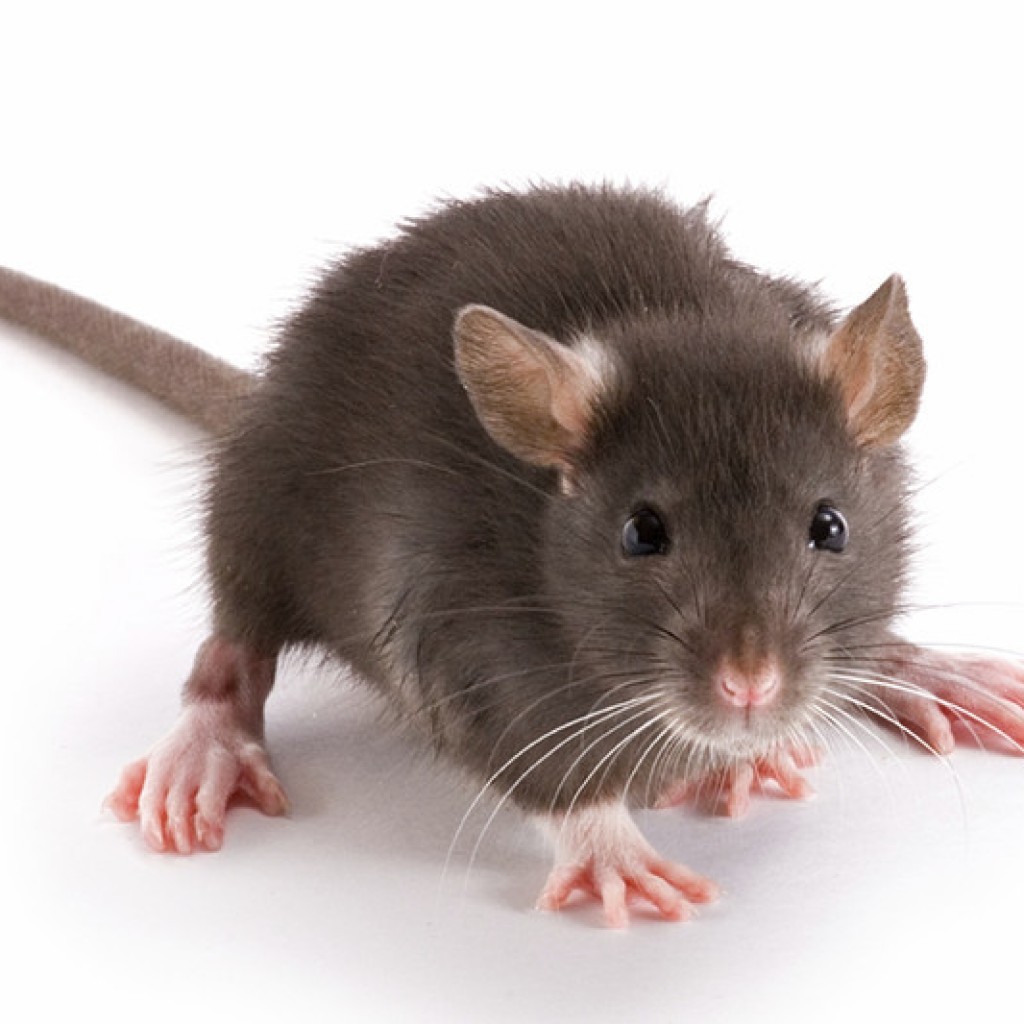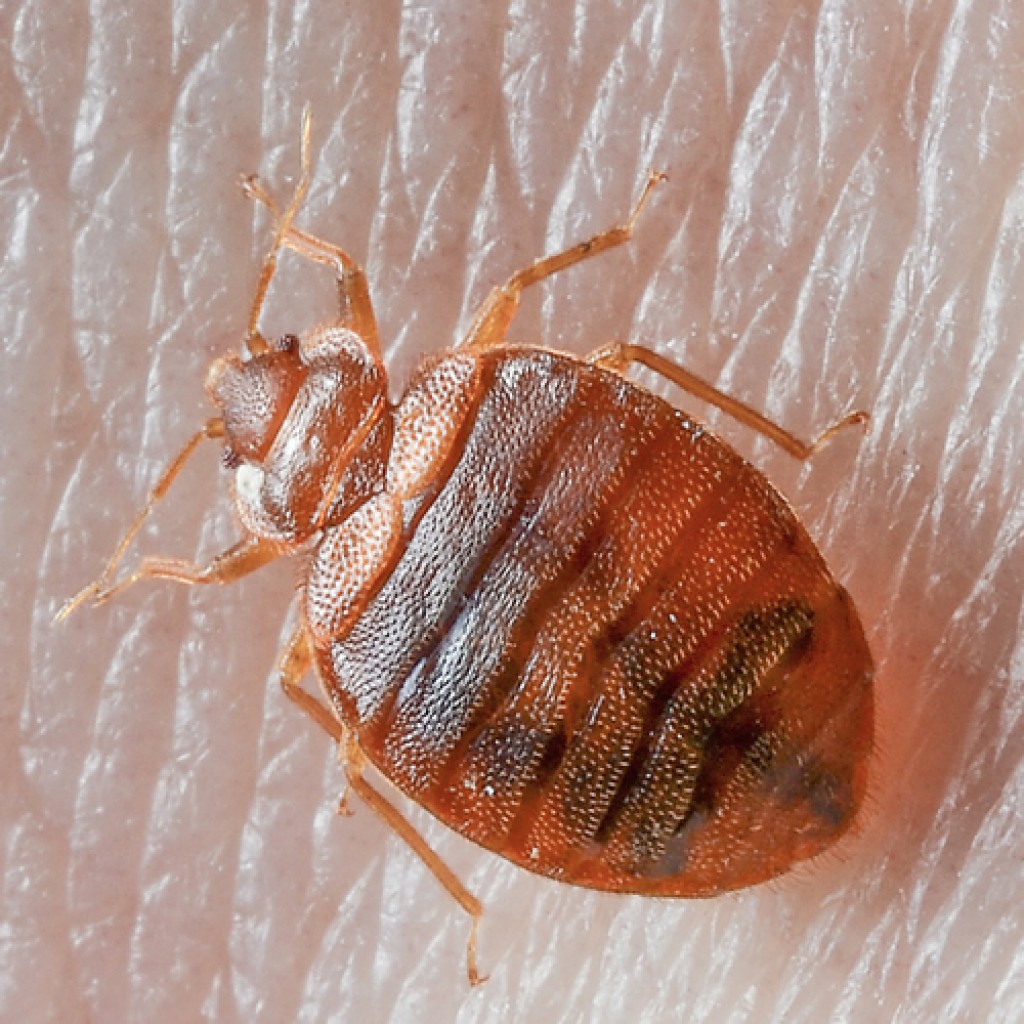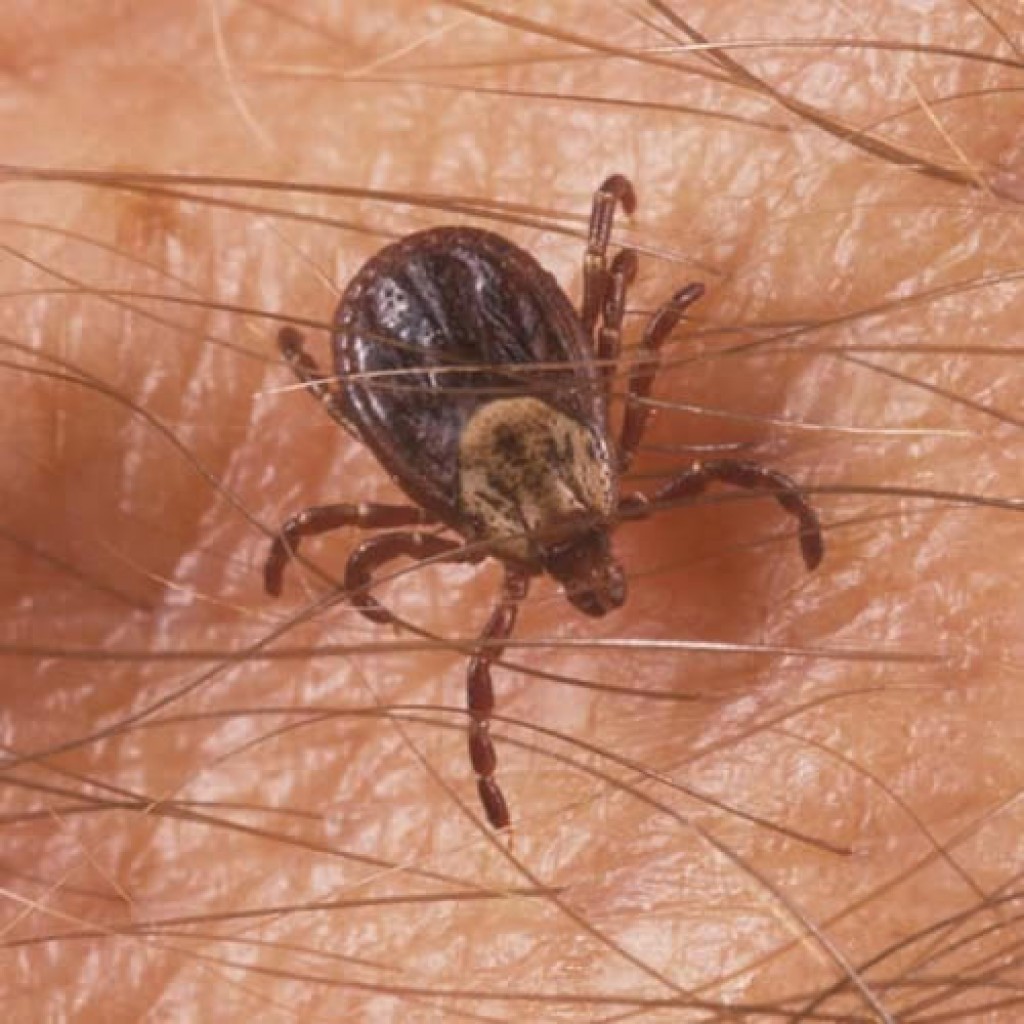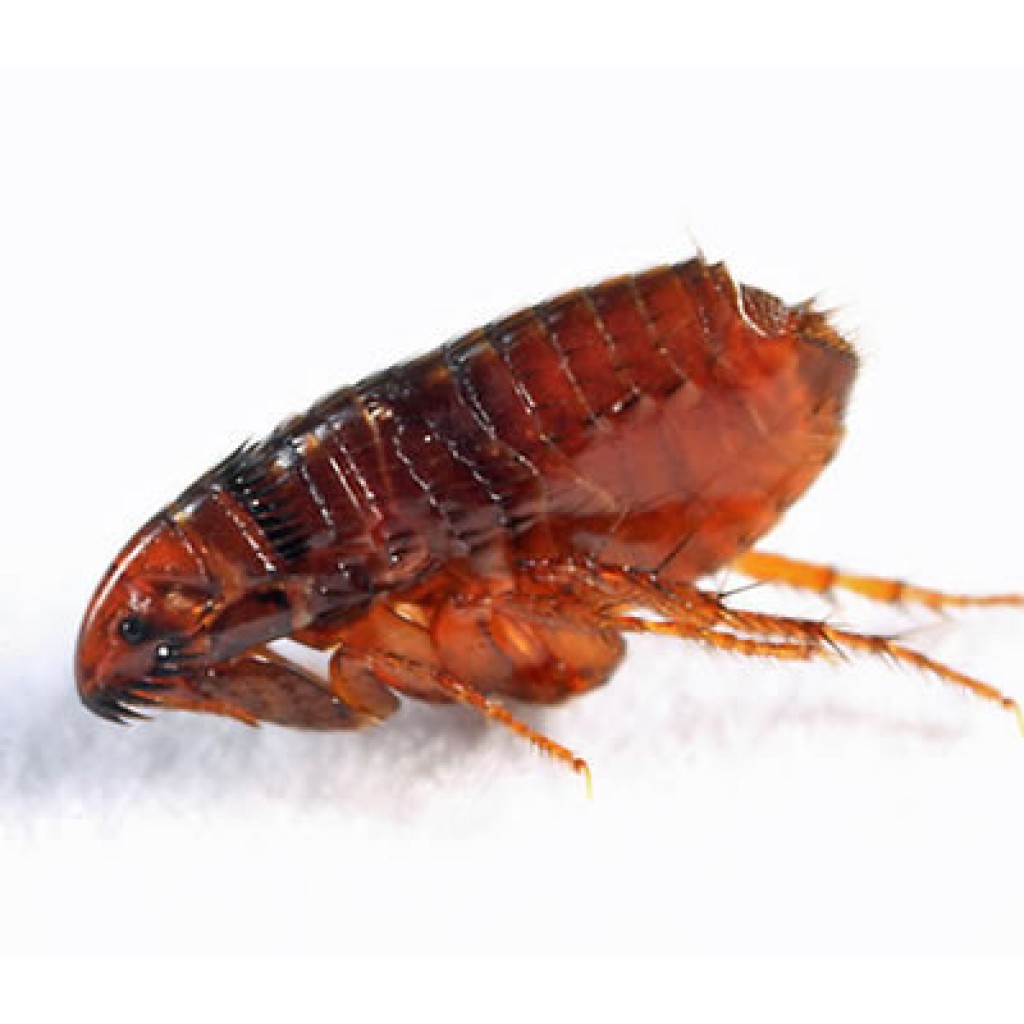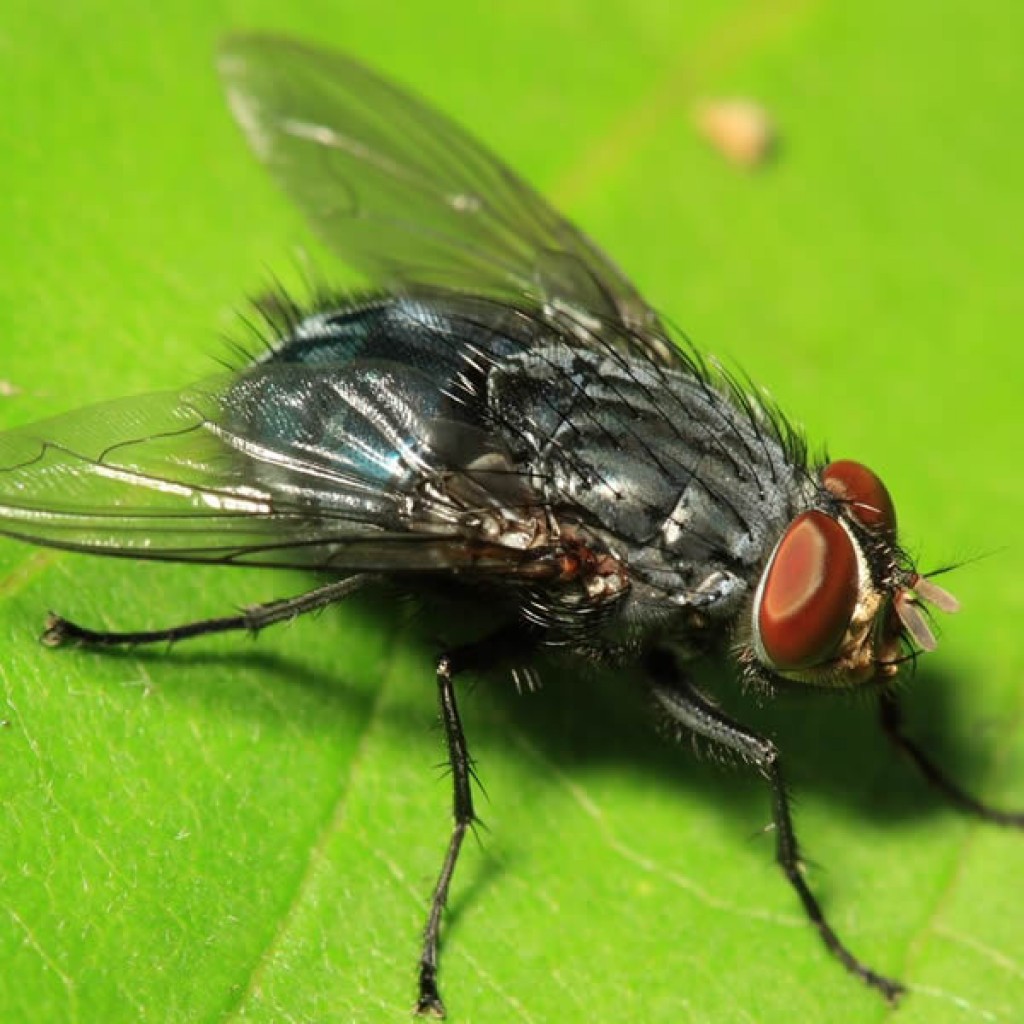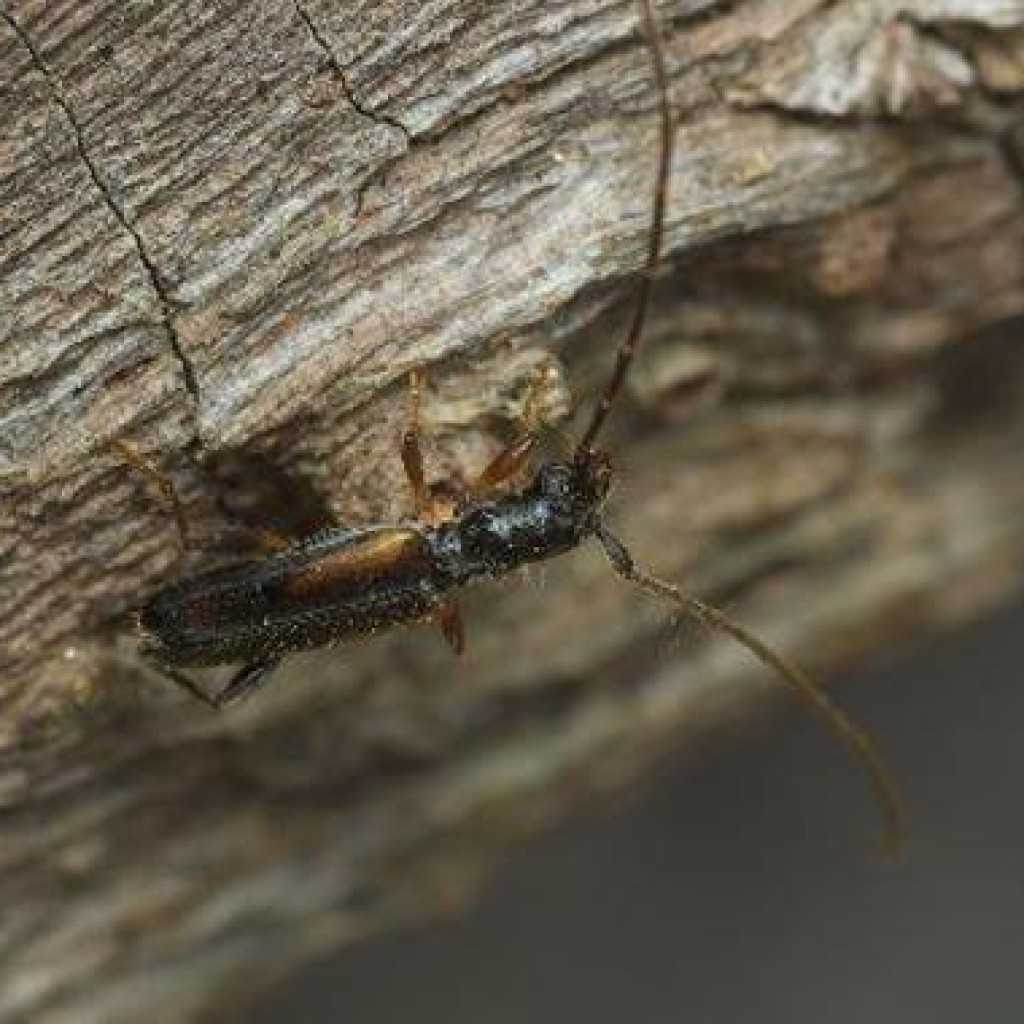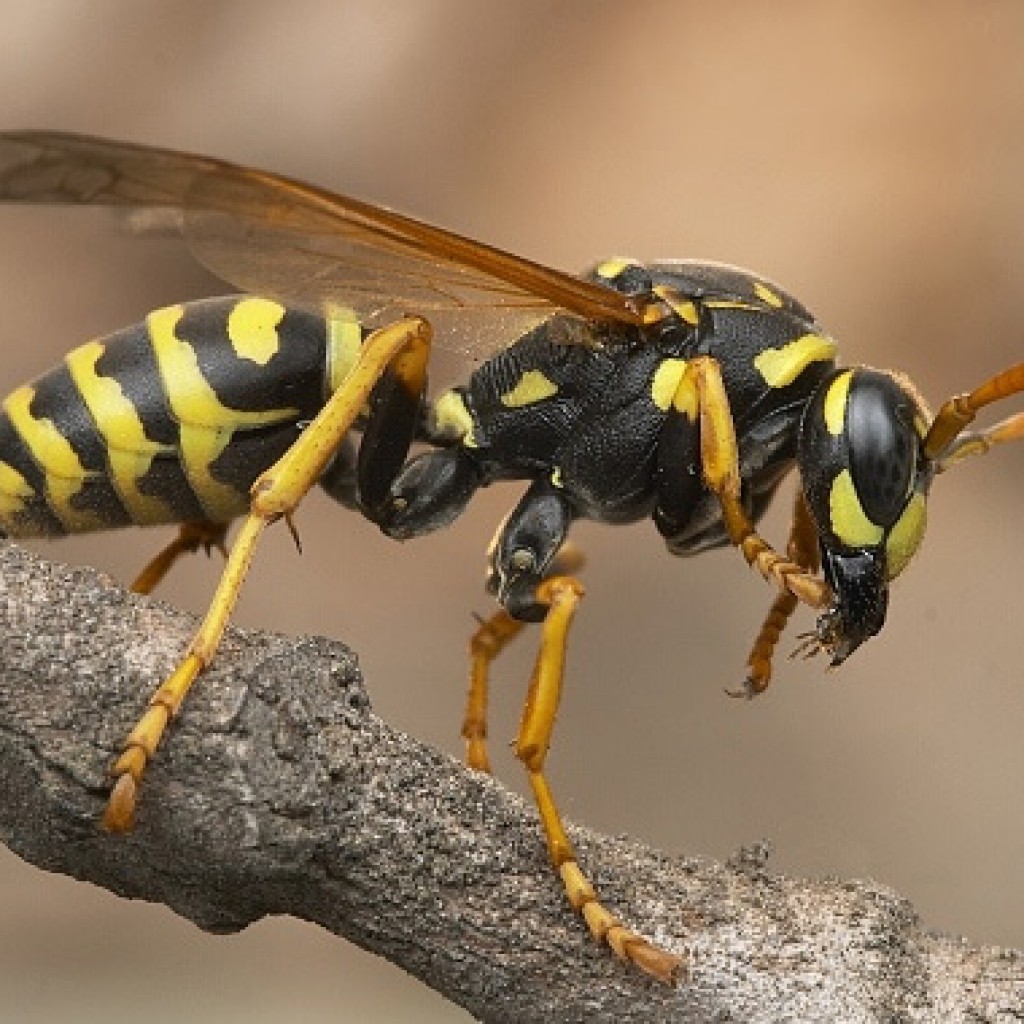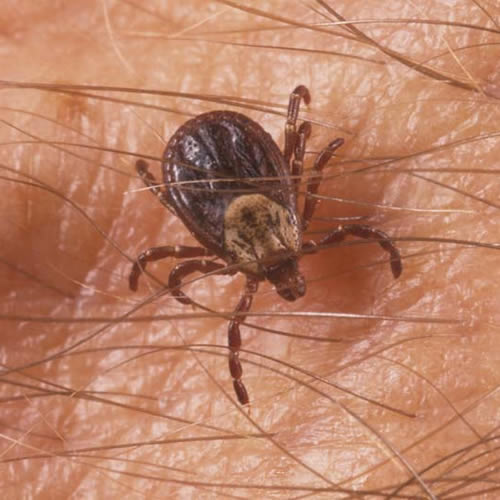
Ticks are small brown parasitic organisms that live in wooded areas and fields. These organisms need blood from humans or animals to survive.
Unfortunately, ticks also tend to be carriers of various serious diseases, and can pass these diseases onto the people they bite. Diseases that ticks may transmit include Lyme disease and rock mountain spotted fever.
Where
During a tick infestation in your home, a large number of ticks may be found on your body or on your pet. They will attach themselves to you, your family members, or your pet. Ticks require blood from people or animals to survive, and move quickly across the body, but they prefer areas that are warm and moist.Once the tick has found a place it likes, it will bite you and burrow its head firmly into your skin. Unlike other insect bites, this bite is painless. Make sure to examine any brown or black spots. You should see your doctor right away if you have symptoms and have been in areas where ticks live, or if your home was recently infested.
When
- As soon as possible once you notice dog ticks presence . It can become worst if leave it untreated as the population increase too fast.
How
- RESIDUAL SPRAY
- ULV-MISTING
- PREVENTION ICON
Ticks that are not attached to the skin can be vacuumed up. The vacuum bag should be tightly sealed and immediately discarded to a location outside of your home. You should check your clothing and your body after vacuuming to ensure that no ticks are on you.
Although it is possible to control a tick infestation once it occurs, it’s far better to prevent an infestation from happening in the first place. You should regularly check your pets for ticks. They are more commonly found on animals that are allowed to go outside.
If you find a tick on your pet, remove it and call your veterinarian. Your pet may need treatment for a tick bite. You can also buy certain medications for your pet that prevent ticks from attaching.

